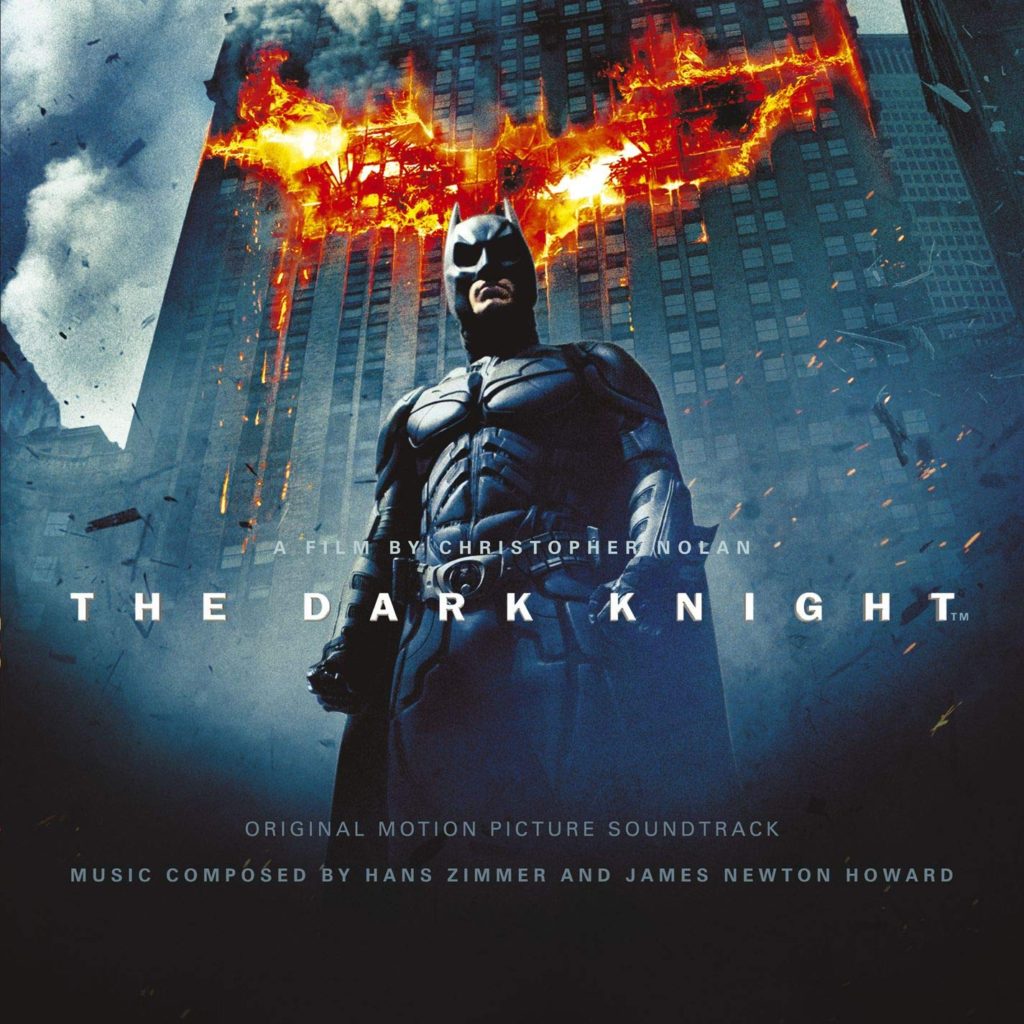Introduction:
“The Dark Knight” (2008), directed by Christopher Nolan, is a groundbreaking cinematic masterpiece that transcends the boundaries of the superhero genre. Serving as the second installment in Nolan’s Batman trilogy, the film not only revolutionized the way superhero stories are told but also left an indelible mark on the landscape of contemporary cinema. This extensive review delves into the multifaceted brilliance of “The Dark Knight,” exploring its narrative complexity, groundbreaking performances, thematic depth, technical achievements, and enduring cultural impact.
Narrative Complexity and Moral Ambiguity:
- Heath Ledger’s Iconic Joker: One of the defining elements of “The Dark Knight” is Heath Ledger’s unparalleled portrayal of the Joker. Ledger’s performance stands as a tour de force in acting, imbuing the character with chaotic unpredictability and a nihilistic worldview. The Joker’s presence injects the narrative with moral ambiguity, challenging traditional superhero tropes.
- Batman’s Internal Struggles: Christian Bale’s reprisal of Bruce Wayne/Batman explores the internal struggles of a hero burdened by the consequences of his actions. The film delves into the moral complexities of vigilantism and the toll it takes on the psyche of its protagonist.
- Harvey Dent’s Tragic Arc: Aaron Eckhart’s portrayal of Harvey Dent adds another layer of complexity to the narrative. The film masterfully weaves Dent’s tragic transformation into Two-Face, serving as a poignant exploration of the thin line between justice and vengeance.
Groundbreaking Performances:
- Heath Ledger’s Joker: Ledger’s posthumous Academy Award-winning performance as the Joker redefined the potential of antagonists in superhero cinema. His commitment to the role and ability to embody the essence of anarchy elevated the film to unprecedented heights.
- Christian Bale’s Batman: Christian Bale’s nuanced portrayal of Batman/Bruce Wayne showcases the character’s vulnerabilities and internal conflicts. Bale’s physical transformation and emotional depth contribute to the film’s immersive storytelling.
- Supporting Cast Excellence: The supporting cast, including Michael Caine as Alfred, Gary Oldman as Commissioner Gordon, and Morgan Freeman as Lucius Fox, contributes to the film’s ensemble brilliance. Each actor brings authenticity and gravitas to their roles, enhancing the overall cinematic experience.
Thematic Depth:
- Moral Ambiguity and Chaos: “The Dark Knight” transcends traditional superhero narratives by delving into themes of moral ambiguity and the chaos that challenges established notions of order. The Joker’s anarchic philosophy serves as a catalyst for exploring the fragility of societal structures.
- Identity and Symbolism: The film delves into the symbolic nature of Batman’s identity. Bruce Wayne’s struggle with the Batman persona becomes a metaphor for the complex relationship between heroism, sacrifice, and the responsibility that comes with wielding power.
- Consequences of Vigilantism: “The Dark Knight” raises thought-provoking questions about the consequences of vigilantism. The film challenges the notion of a black-and-white moral landscape, forcing both characters and audiences to confront the shades of gray inherent in the pursuit of justice.
Technical Achievements:
- Visual Spectacle: Cinematographer Wally Pfister’s work in “The Dark Knight” is a visual spectacle. The film’s sweeping shots of Gotham City, intense action sequences, and chiaroscuro lighting contribute to its gritty and immersive atmosphere.
- Hans Zimmer’s Score: Hans Zimmer’s iconic score, featuring the haunting “Why So Serious?” motif, elevates the film’s tension and emotional resonance. The music becomes a character in itself, intensifying the impact of key scenes.
- Practical Effects and Stunt Work: Nolan’s commitment to practical effects and stunt work adds a layer of authenticity to the film’s action sequences. The use of practical effects, such as the flipping semi-truck, creates a visceral and believable cinematic experience.
Enduring Cultural Impact:
- Box Office Success: “The Dark Knight” was not only a critical success but also a massive box office hit. Its global impact and financial success signaled a shift in audience expectations for superhero films.
- Critical Acclaim and Awards: The film received widespread critical acclaim and numerous accolades, including Heath Ledger’s posthumous Academy Award for Best Supporting Actor. “The Dark Knight” remains one of the few superhero films to receive significant recognition at the Oscars.
- Influence on Subsequent Films: The success of “The Dark Knight” has influenced subsequent superhero films, pushing filmmakers to embrace darker and more complex narratives. The film’s impact is evident in the evolution of the superhero genre over the years.
- Cultural References: Lines like “Why so serious?” and iconic scenes, such as the Joker’s interrogation, have become ingrained in popular culture. “The Dark Knight” continues to be referenced and celebrated in various forms of media.
Legacy and Continued Relevance:
- Influence on Superhero Storytelling: “The Dark Knight” fundamentally altered the landscape of superhero storytelling. Its impact is evident in the shift toward more mature and psychologically complex narratives within the genre.
- Christopher Nolan’s Trilogy: The success of “The Dark Knight” contributed to the completion of Christopher Nolan’s Batman trilogy with “The Dark Knight Rises” (2012). The trilogy as a whole is regarded as a benchmark for superhero storytelling.
- Heath Ledger’s Legacy: Heath Ledger’s performance as the Joker remains an enduring part of his legacy. His portrayal is often cited as one of the greatest performances in cinematic history, transcending the superhero genre.
Conclusion:
“The Dark Knight” (2008) stands as a cinematic triumph that redefined superhero epics and left an indelible mark on the cultural landscape. Christopher Nolan’s visionary direction, coupled with groundbreaking performances, thematic depth, and technical achievements, elevated the film to the status of a modern classic. The Joker’s chaotic philosophy, Batman’s internal struggles, and the film’s exploration of moral ambiguity continue to resonate with audiences, ensuring that “The Dark Knight” remains a cinematic milestone that transcends the boundaries of its genre. As the capstone of Nolan’s Batman trilogy, the film continues to captivate and inspire, inviting audiences to ponder the enduring complexities of heroism, villainy, and the human psyche.
